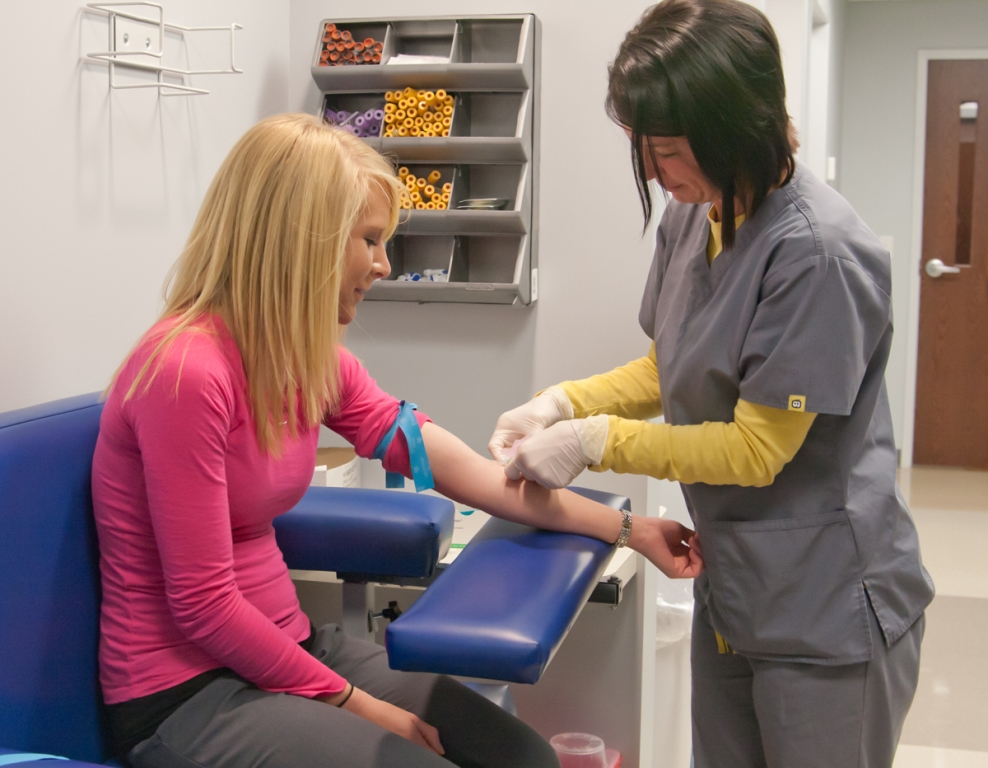Title: Average Pay For A Phlebotomist: Salary Insights and Career Information
Meta Title: Explore the Average Pay for a Phlebotomist and Career Opportunities
Meta Description: Discover the average salary for phlebotomists and explore the rewarding career opportunities in the field. Learn about the responsibilities, benefits, and practical tips for starting a career as a phlebotomist.
Introduction:
Phlebotomists play a crucial role in the healthcare industry by collecting blood samples for diagnostic testing, transfusions, donations, and research. If you are considering a career as a phlebotomist, you may be curious about the average pay in this field. In this article, we will explore the average salary for a phlebotomist, along with valuable career information, benefits, and practical tips for entering this rewarding profession.
Average Salary for a Phlebotomist: Overview
The average pay for a phlebotomist can vary depending on several factors, including experience, location, employer, and certification. According to the Bureau of Labor Statistics (BLS), the median annual wage for phlebotomists was $35,510 as of May 2020. The lowest 10 percent earned less than $27,350, while the highest 10 percent earned more than $49,060.
Factors Affecting Phlebotomist Salary:
Experience: Experienced phlebotomists may earn higher salaries than entry-level professionals due to their advanced skills and knowledge.
Location: Salaries can vary based on the cost of living in different regions. Phlebotomists working in metropolitan areas may earn higher wages compared to those in rural areas.
Employer: Phlebotomists employed in hospitals, diagnostic laboratories, or outpatient care centers may receive different salary levels based on the employer’s budget and demand for skilled professionals.
Certification: Certified phlebotomists with credentials from respected organizations like the National Healthcareer Association (NHA) or the American Society for Clinical Pathology (ASCP) may command higher salaries and better job opportunities.
Benefits and Practical Tips for Phlebotomists:
In addition to competitive salaries, phlebotomists may enjoy benefits such as health insurance, retirement plans, paid time off, and professional development opportunities. To maximize your earning potential and job satisfaction as a phlebotomist, consider the following practical tips:
Maintain up-to-date certifications and credentials to demonstrate your commitment to the profession and enhance your job prospects.
Gain experience in diverse healthcare settings to expand your skills and adaptability in handling various patient populations and situations.
Network with other healthcare professionals, attend conferences, and participate in continuing education to stay informed about industry trends and advancements.
Consider specializing in areas such as pediatric phlebotomy, geriatric phlebotomy, or donor phlebotomy to enhance your expertise and marketability in specific healthcare sectors.
Case Study: A Day in the Life of a Phlebotomist
To provide a real-world perspective on the profession, let’s take a closer look at a typical day in the life of a phlebotomist. Meet Sarah, a certified phlebotomist working in a busy hospital laboratory:
8:00 AM – Arrive at the hospital and prepare the phlebotomy station with necessary supplies.
8:30 AM – Review patient orders and verify identification before performing blood draws.
10:00 AM – Assist nurses with difficult venipunctures and ensure patient comfort throughout the process.
12:00 PM – Take a lunch break and update patient records in the electronic health system.
2:00 PM – Attend a staff meeting to discuss new protocols and safety measures in phlebotomy.
4:30 PM – Finish the day by cleaning and restocking the phlebotomy station for the next shift.
Conclusion:
As a phlebotomist, you have the opportunity to make a positive impact on patients’ lives while earning a competitive salary and enjoying valuable benefits in the healthcare industry. By gaining experience, maintaining certifications, and staying informed about industry trends, you can build a successful career in phlebotomy and contribute to the vital work of diagnostic testing and patient care. Consider the average pay for a phlebotomist as a starting point for exploring this dynamic and rewarding profession.
